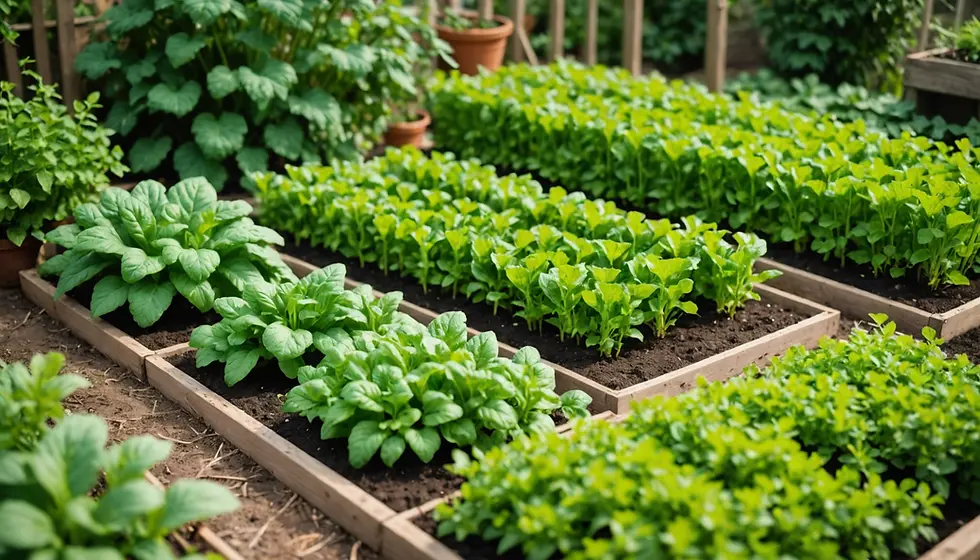Essential Winter Herbal Remedies to Keep You Healthy This Season
- Crountryside Living
- Nov 13, 2025
- 3 min read
Winter brings cold weather, shorter days, and often a rise in colds and flu. Many people look for natural ways to support their immune system and soothe common winter ailments. Herbal remedies have been used for centuries to help ease symptoms and promote wellness during the colder months. Having a few trusted herbs on hand can make a big difference in staying healthy and comfortable all winter long.

Why Choose Herbal Remedies in Winter
Herbs offer gentle, natural support without the side effects often associated with synthetic medications. They can help reduce inflammation, fight infections, and boost immunity. Many herbs also provide comfort through warming teas and soothing syrups, which can ease sore throats and congestion. Using herbs as part of your winter wellness routine can complement other healthy habits like good nutrition, hydration, and rest.
Must-Have Herbs for Winter Wellness
Echinacea
Echinacea is well-known for its immune-boosting properties. Studies suggest it may reduce the duration and severity of colds when taken at the first sign of symptoms. You can find echinacea in teas, tinctures, or capsules. It works by stimulating white blood cells to fight infections.
Elderberry
Elderberry syrup is a popular remedy for colds and flu. It contains antioxidants and vitamins that support the immune system. Research shows elderberry may help reduce flu symptoms and shorten recovery time. Elderberry syrup can be taken daily during winter or at the onset of illness.
Ginger
Ginger has warming properties that help improve circulation and relieve cold symptoms like congestion and nausea. Fresh ginger tea is easy to make by steeping sliced ginger in hot water. Adding honey and lemon enhances its soothing effects for sore throats and coughs.
Peppermint
Peppermint is effective for clearing nasal passages and calming digestive upset. Its menthol content acts as a natural decongestant. Peppermint tea or steam inhalation can provide quick relief from stuffy noses and headaches.
Licorice Root
Licorice root has anti-inflammatory and antiviral qualities. It soothes irritated mucous membranes and supports respiratory health. Licorice tea or lozenges can ease coughs and sore throats. Note that licorice should be used in moderation, especially by people with high blood pressure.
How to Use Winter Herbs Safely
Start with small amounts to see how your body reacts.
Choose quality products from reputable sources.
Consult a healthcare provider if you are pregnant, nursing, or taking medications.
Avoid long-term use of some herbs like licorice without professional guidance.
Use herbs as a complement to medical treatment, not a replacement.
Simple Herbal Remedies to Try at Home
Immune-Boosting Tea Blend
Combine equal parts dried echinacea, elderberry, and peppermint. Steep 1-2 teaspoons of the blend in hot water for 10 minutes. Drink 2-3 cups daily during cold months.
Soothing Ginger and Honey Syrup
Simmer fresh ginger slices in water for 20 minutes. Strain and mix the liquid with raw honey. Take a spoonful to ease coughs and sore throats.
Steam Inhalation for Congestion
Add a few drops of peppermint essential oil or a handful of fresh peppermint leaves to a bowl of hot water. Lean over the bowl with a towel over your head and inhale deeply for 5-10 minutes.
Storing and Preparing Herbs for Winter
Keep dried herbs in airtight containers away from light and moisture to preserve their potency. Fresh herbs can be grown indoors or purchased from local markets. Preparing your own teas, tinctures, and syrups allows you to control ingredients and customize flavors.




Comments